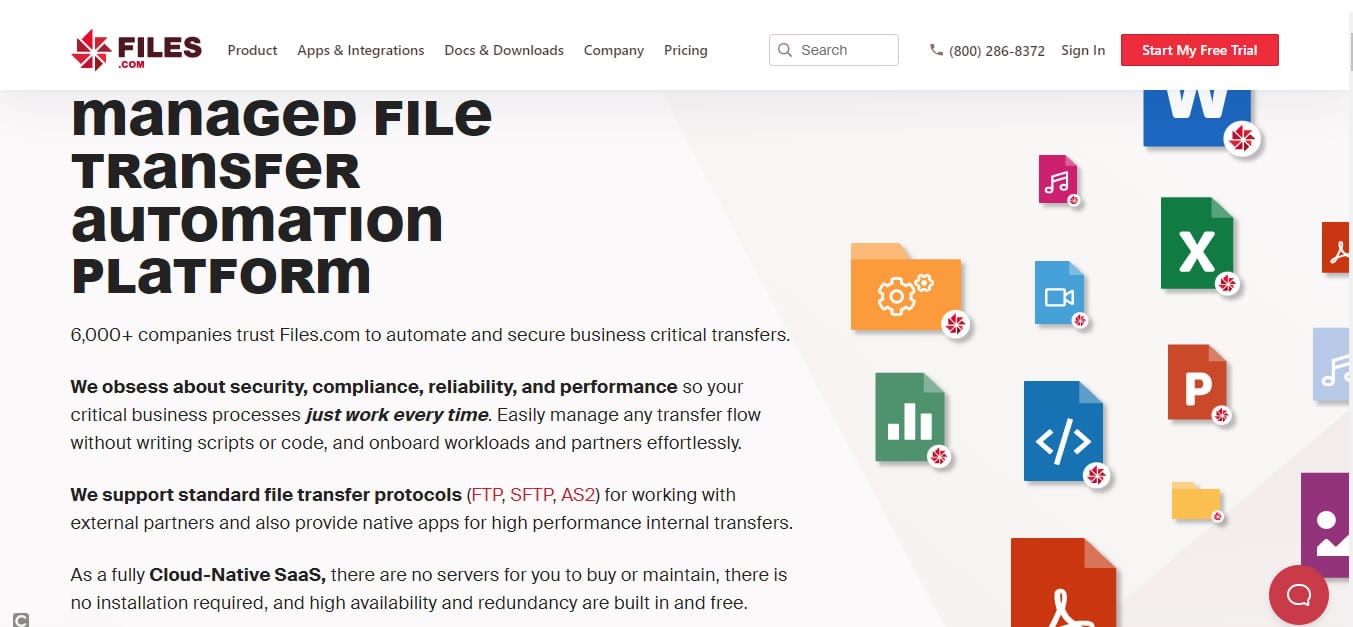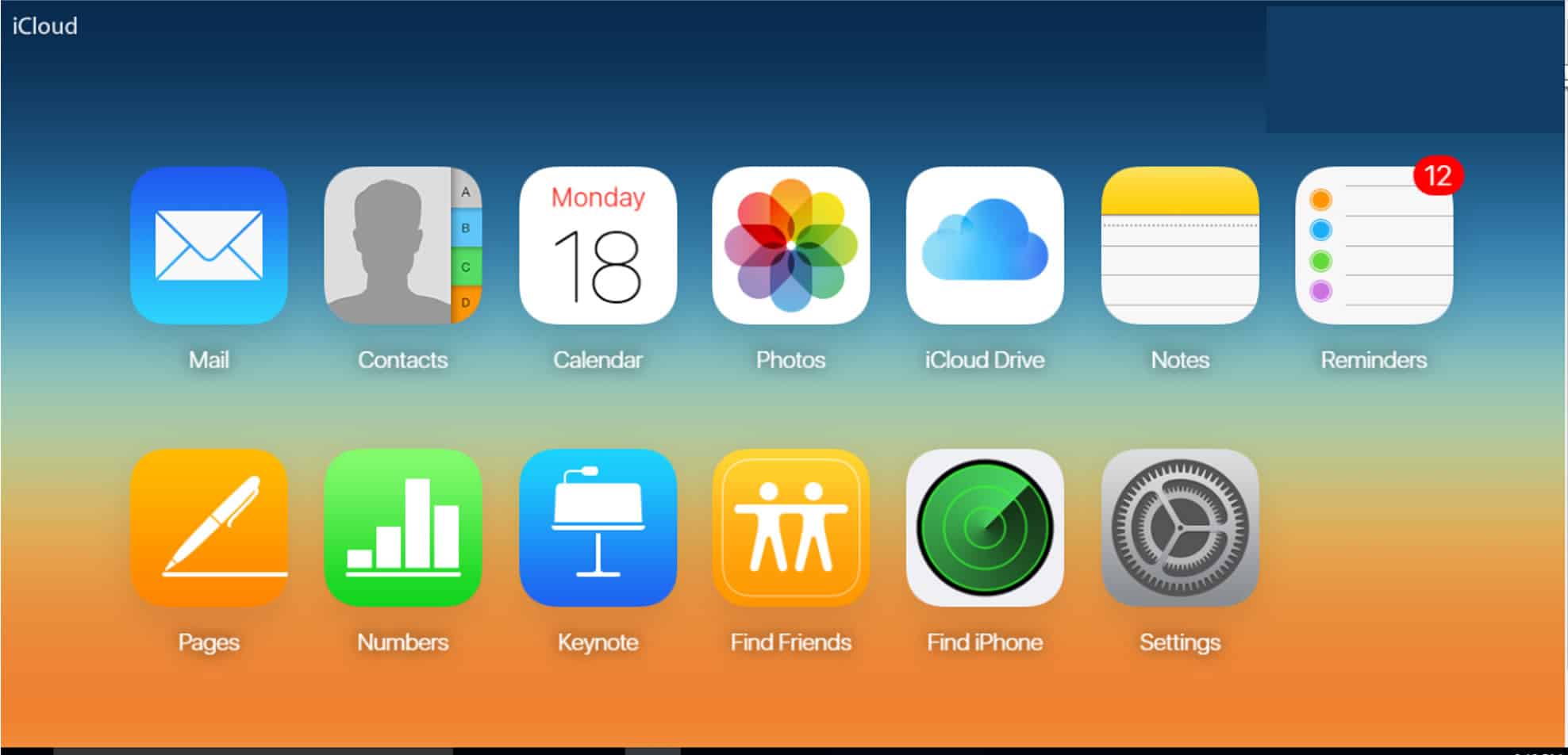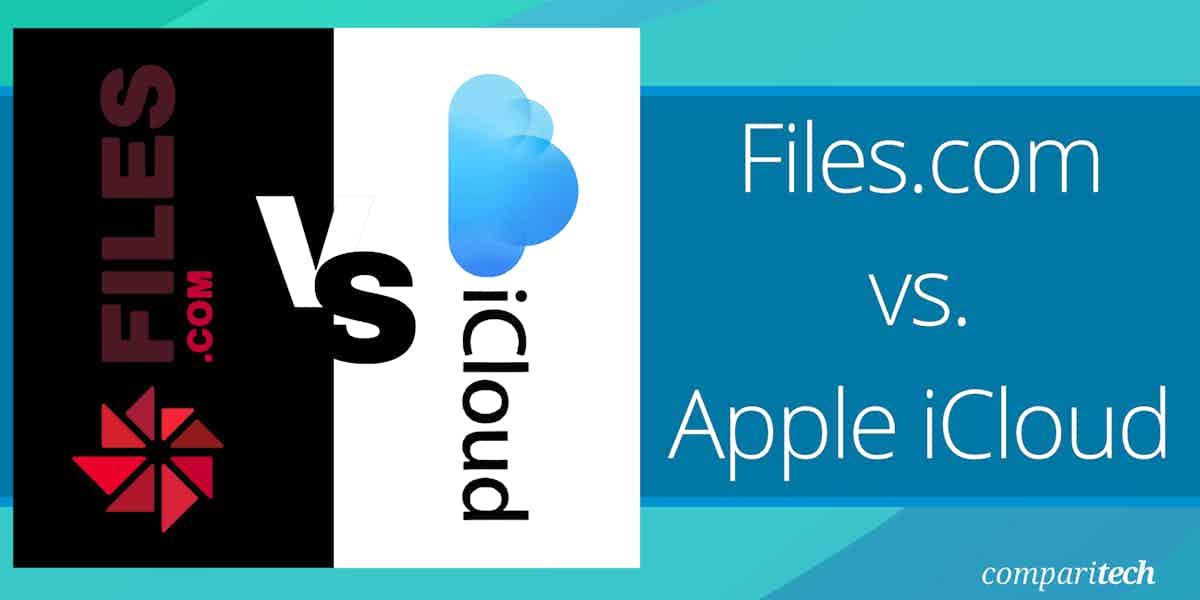Overview of Files.com
Files.com is a U.S-based cloud-native Managed File Transfer (MFT), automations, and integration platform that enables organizations to securely store, transfer, and share files between users, teams, and organizations. MFT technology provides the secure transfer of data efficiently and reliably compared to insecure technologies such as FTP and HTTP. Files.com provides a cloud-centric approach to file-based automations and integrations while emphasizing security, compliance, and data residency for business-critical file transfers and exchanges.

Files.com is primarily designed for business-critical MFT workloads. And it has been providing these services to enterprise customers for over 10 years now, servicing 6500+ global customers across key industries like healthcare, finance, media, technology, and more. Files.com acts as a client and a server for SFTP, FTP, and Applicability Statement 2 (AS2) protocols. This allows you to easily connect to any partner, customer, or system without compromising security.
Key Features:
- Custom Domains: Offers full custom domains with custom SSL certificates and dedicated IP addresses.
- Real-Time Integrations: Supports sync integrations with third-party storage services like Amazon S3, Azure, Google Cloud, SharePoint, Box, and Dropbox.
- Bi-Directional FTP/SFTP: Functions as both an FTP/SFTP client and server for complex workflows.
- Native Apps: Provides high-performance apps for internal transfers.
- Advanced Automations: Includes bi-directional webhooks, GPG encryption/decryption, click wraps, and watermarking.
- Enterprise SSO: Supports single sign-on services with all major providers.
- Third-Party Integrations: Comes with out-of-the-box support for various services and technologies.
- Encryption: Ensures data confidentiality with at-rest and in-transit encryption.
Pros:
- Comprehensive Integrations: Supports a wide range of third-party integrations, enhancing flexibility.
- Robust Security: Features strong security measures, including encryption and multiple authentication options.
- Advanced Automation: Offers sophisticated automation and workflow capabilities.
- Custom Domains and SSL: Provides customizable domain options with secure SSL certificates.
Cons:
- Limited Free Trial: The 7-day free trial may not be sufficient for thorough evaluation.
- Complexity: Advanced features and configurations may require a steep learning curve.
- Price Information: Detailed pricing is not readily available and requires contacting sales.
Files.com offers a free 7-day trial with full access to the entire platform, including all integrations, automations, protocols, and APIs. When you’re ready to buy, your trial environment will seamlessly convert into your paid environment.
Overview of Apple iCloud
Apple iCloud is a cloud-based file storage and synchronization service developed by Apple to give its customers a seamless experience for their Apple apps across all Apple devices. iCloud enables users to store and share data such as documents, photos, and music in the cloud for download to iOS, iPadOS, macOS, or Windows devices, and to manage their Apple devices if lost or stolen. Every user gets a free 5GB of iCloud storage to start. Those seeking extra storage space or other advanced features can subscribe to iCloud+, which is the premium subscription that expands your iCloud service.
Key Features:
- Seamless Apple Integration: Provides smooth integration with Apple apps and devices.
- Free Storage: Offers 5GB of free storage to start, with options to upgrade to iCloud+ for more storage and features.
- Cross-Platform Support: Compatible with iOS, macOS, and Windows devices.
- File Syncing: Automatically syncs files across all signed-in devices.
- Device Management: Allows users to manage lost or stolen Apple devices.
- Simple Sharing: Enables file and folder sharing with other iCloud users.

If you use Apple’s devices and office productivity apps, iCloud is an attractive choice, because it’s tightly integrated with them on all supported platforms. Apple iCloud is more closely comparable to Google Drive and Microsoft OneDrive than it is to Files.com. Still, it doesn’t quite measure up to the competition due to limitations in its scope of service and features. iCloud also works well on the web and the Windows platform. For those using Windows devices, Apple offers iCloud for Windows which allows you to sync and access your photos, videos, mail, calendar, files, and other important information on your Windows PC. However, Apple doesn’t offer iCloud apps for Android devices. Some of the attractive features of iCloud are its simplicity and ease of use, seamless and native integration with Apple devices, along with a free email account and 5 GB of free storage.
Pros:
- Ease of Use: Simple and user-friendly, especially for Apple device users.
- Free Storage: Provides 5GB of free storage with the option to upgrade.
- Cross-Platform: Works on both Apple and Windows devices.
- Device Management: Includes tools for managing lost or stolen devices.
Cons:
- Limited Sharing: File sharing requires an Apple ID, and collaboration options are limited.
- Storage Limitations: Only 5GB of free storage, which many users find insufficient.
- No Android Support: Does not offer apps for Android devices
Files.com Vs Apple iCloud: How They Compare
Installation and Setup
Files.com is a SaaS-based MFT application, which means there are no installation hassles other than the usual sign-up process using an internet-connected device with a supported browser. Once the sign-up process is completed, your account will be activated instantly, and you can dive in and start exploring. The admin portal makes onboarding easy and allows you to email invitations to new users. During this process, you can add users to groups with global share settings or define individual share access permissions. Desktop apps are available for Windows and macOS, and after users log into their account, it creates a mapped drive for swift access to shared cloud folders. Desktop apps extend your Windows or Mac devices with a Files.com drive, so you can open and save files in any application. A personal web portal provides access to private and shared folders, with options to upload and download files and folders.
Just like Files.com, iCloud is also a cloud-based service, which means there are also no installation hassles other than the usual routine sign-up process which requires an existing Apple ID, an iOS device running iOS 8 or later, or a Mac running OS X Lion v10.10 or later, as well as an internet connection and a compatible web browser. Once signed in, you can begin to store, sync, and access your files seamlessly across your Apple devices and/or Windows platform.
Cloud Storage and Backup
Files.com isn’t designed for online storage and backup, but it performs this function indirectly. It is primarily a cloud-based MFT application, which means its focus is on the secure transfer of files. This also implies that the huge amount of file data that passes through the Files.com network for file transfers is also securely stored on their cloud storage servers. Uploading files, copying files, creating, or updating new versions all contribute to addition in storage usage. In addition, Files.com also allows you to schedule sync integrations with 3rd party storage services such as Amazon S3, Azure, Google Cloud, SharePoint, Box, Dropbox, and more.
iCloud is a file hosting service, which means data storage and backup are part of its primary function. You can use it to store, back up, and restore iPhone/iPad/Apple Watch data, macOS desktop and documents files, email files, photos, music and videos, contacts, calendar, mail, notes, and reminders. But a lot of users do complain that the 5GB free storage it offers is way below expectation because they spend thousands of dollars on Apple products. Nonetheless, Apple cloud storage and backup service can only be fully enjoyed if you use Apple products such as iPhone, iPad, and MacBook. Files automatically sync to all devices signed in to your account, including iOS devices, Macs, and Windows PCs, but not Androids. There’s a file-size limit of 15 GB, which means it’s a poor storage option for large single files such as video and email files. If this is the kind of data you are looking to back up online, check out our best cloud backup services.
Collaboration and Sharing
The real power of Files.com is made manifest when it comes to business-critical managed file transfer workloads, content collaboration, and encrypted file sharing. Some Files.com customers deploy the service to their entire organization, unifying MFT and File Sharing. Others leverage the built-in integrations with SharePoint, Box, Dropbox, Google Drive, OneDrive, and others to build workflows and automations around content stored in another platform.
Files.com allows you to share individual files, groups of files, or entire folders via a unique secure link that functions as a bearer key. Once the link is generated, you can send it to the chosen recipient via email, chat, or any other method. In addition to the “Share Links” capability, Files.com also comes with user history logs, custom branding, built-in web hosting mode for hosting entire static websites (including JavaScript and CSS files) with web hosting features, share permissions that allow you to password protect, preview-only, add an expiration date, and even watermark the files you share.
One unique feature that makes Files.com stand out among the rest is the share link inbox, which is designed for receiving files uploaded by anonymous users from anywhere in the world. Imagine the simplicity of providing a hyperlink in an email or on your organization’s website for anyone needing to upload documents such as invoices, receipts, legal documents, reports, and more. All these are designed and executed in a way that does not compromise the security of other files or your site as a whole.
Although iCloud offers decent file syncing functionality, when it comes to file and folder sharing, Apple iCloud lags in comparison to Files.com for obvious reasons. Nonetheless, iCloud files can still be shared, and sharing with iCloud always requires an Apple ID. There’s also no way to edit them directly in the cloud unless you download them locally. This makes collaboration with other users a bit difficult since each person has to download the files locally before making changes to them. This is where Files.com stands out.
Integrations and Extensions
Files.com does not intend to replace your existing cloud file-sharing and collaboration solutions, rather, it wants to work with them. This is why it comes with out-of-the-box integrations with all key cloud providers such as Microsoft (Azure, SharePoint, OneDrive, Active Directory & Office), AWS (S3 & SNS), Google (Cloud & Drive), Box, Dropbox, Zapier, and dozens of others. Developers can also leverage Files.com native SDKs, API, and CLI tools to build custom integrations and connect to any folder located almost anywhere. and extend the capabilities of the application.
Apple’s approach to integration in iCloud is to allow frictionless interconnectivity with Apple iOS devices and operating systems. iCloud is so deeply woven into Apple products that users hardly notice it is there. iCloud also supports integration with Microsoft Windows 11 photos app, HubSpot, and other select third-party tools. There are fewer integration options available on iCloud compared to Files.com.
Security and Privacy
Files.com is loaded with lots of security features to ensure the confidentiality and integrity of data. The security features include encryption for data-at-rest and data-in-transit, four types of two-factor authentication, nine enterprise identity (SSO) integrations, and support for customer-managed GPG keys, SSH keys, and SSL certificates, built-in integrations with Yubikey, FIDO/U2F, Google Authenticator, Duo, Authy, and SMS. Highly configurable security settings include password policies, session policies, 2FA policies, and brute force rules. Files.com has servers across the globe and provides the option to configure the geographic region (and by extension, political jurisdiction) where your files will be stored to meet certain data residency requirements.
Being one of the Big Five technology companies in the U.S., Apple’s robust infrastructure, huge investment in security, along with high concentration of technical expertise, puts them in a good position to provide top-notch security. Some of its key security features include two-factor authentication, notification when login is performed from a web browser or a new device, notification when data is restored to a device, encryption for data at rest, and data in motion, among others. But when it comes to data encryption, Apple itself keeps the encryption keys, which means it has the power to decrypt your files and hand them over to law enforcement if need be. If data privacy is a concern, you may consider cloud storage services that implement zero-knowledge security.
Licensing and Price Plans
Files.com offers affordable pricing options for businesses of all sizes. Its pricing plans are broken into Starter, Power, and Premier price plans as shown in the table below. Plan pricing is partially based on user count, which means that you must commit to a minimum number of users. Charges are based on one total monthly number called “Usage,” representing your total billable usage of the Files.com service. This “Usage” number is the sum of your “Storage Usage” and your “Transfer Usage”.
| Features | Starter | Power | Premier |
|---|---|---|---|
| Minimum User Commitment | 5 | Minimums Apply | Minimums Apply |
| Monthly Usage Included | 1 TB | 5 TB | 10 TB |
| Daily API Request Limit | 50,000 | 250,000 | 2,000,000 |
Table 1.0 | Files.com Price Plans
Apple offers a meager 5 GB of free cloud storage space to its customers, and reasonably priced iCloud+ paid plans with 50 GB, 200 GB or 2 TB of storage. iCloud pricing is not uniform. It varies depending on your country of residence. But whichever country you reside in, the three-category plan remains the same. You can check out Apple’s pricing breakdown by country. Some plans let you share data with members of your Apple Family. In the U.S. for example, the current pricing include:
- $0.99/month: 50 GB of storage (single user)
- $2.99/month: 200 GB of storage (family use)
- $9.99/month: 2 TB of storage (family use)





